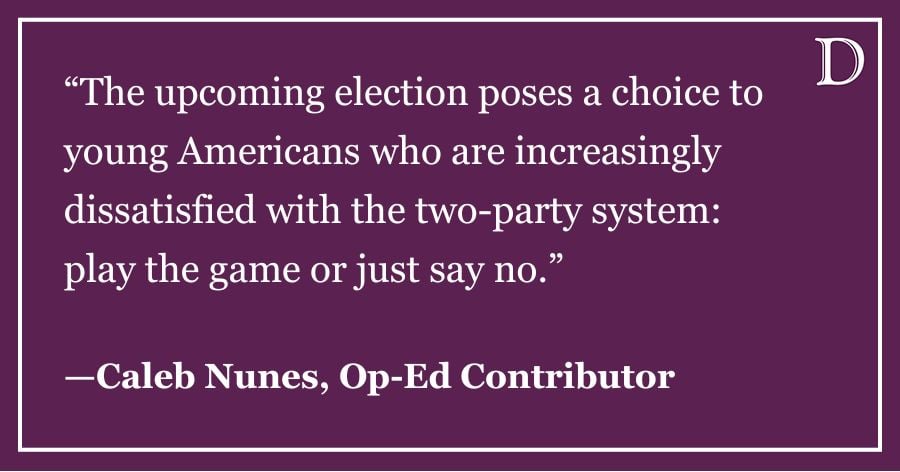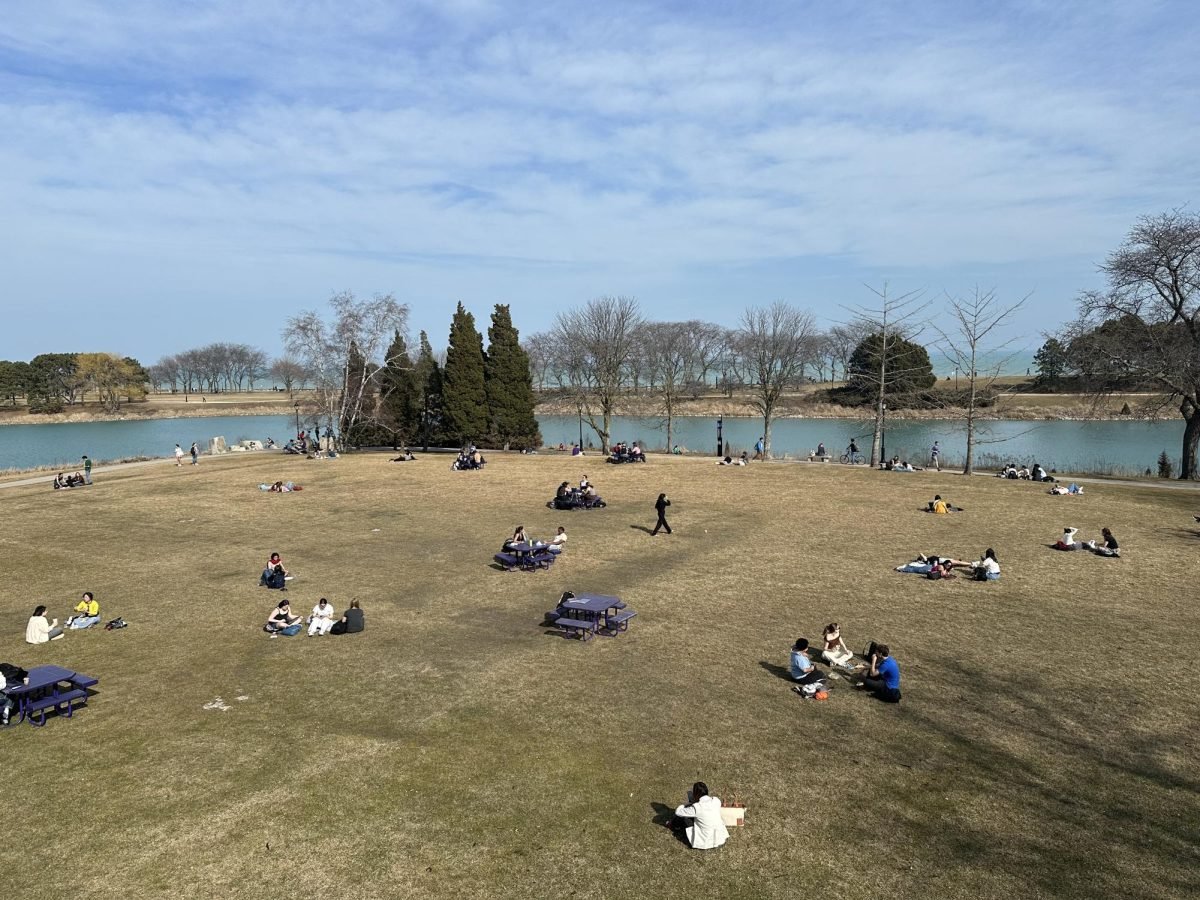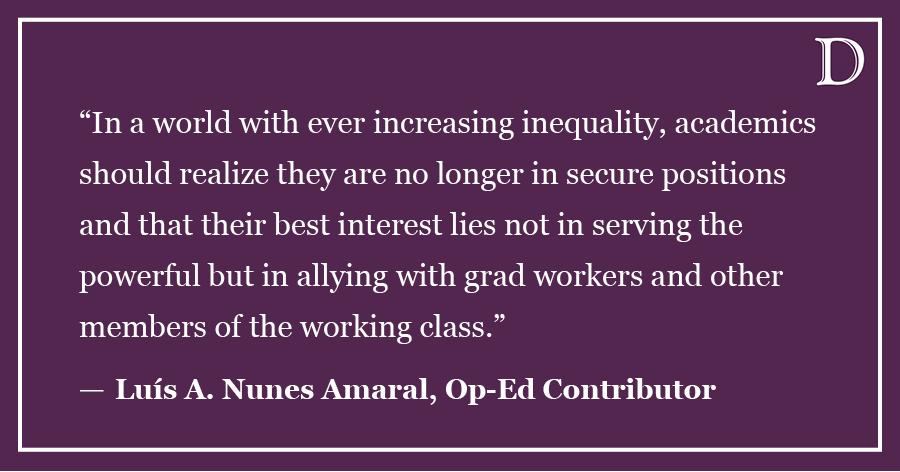At midnight on Sept. 27, Chile officially saw the beginning of municipal election season. The occasion was marked by fireworks above Santiago, though the 12 o’clock bell seemed to mean more than the end of happy hour for the young and the night’s last soap opera for the old. It is not uncommon for municipal elections to garner a complete lack of enthusiasm for all but the most passionate political wonks. This election in Chile, held on the last Sunday of October, is viewed by most as a minor affair in comparison to the upcoming 2013 presidential contest. In anticipation of the greater race, the municipal elections will pit the currently dominant Alianza (a right wing coalition) against Concertacion (a center-left bloc). Even so, the political-minded Chileans have their eyes further down the road.
Despite the anticlimactic kickoff to the official municipal election season, the system is rather interesting to an outside observer. The period between Sept.27 and Oct. 25 marks the time in which public advertising is allowed, a regulation meant to limit the ability of well-funded opponents to begin campaigning early and thereby outspend their less-moneyed rivals. The elections themselves consist of two separate ballots: a winner-takes-all mayoral race and a proportional selection of city councilmen.
Like the rest of the Chilean political structure, this mixed system allows for a variety of parties fused into two dominant coalitions, roughly outlining the views of the left and right. On the conservative side, Alianza por Chile, or Alliance for Chile, is made up of the National Renewal and Independent Democratic Union Parties, the former of which is led in part by the current president, Sebastian Pinera. Most of the mayors up for re-election are in this party, which stands mainly under the banner of Christian humanism. In advance of the presidential race, many of the supporters of Pinera are rebranding their bloc as the Coalition for Change, hoping to alleviate the common divisiveness in Chile. Opposing them is the center-left coalition Concertacion, or Concert of Parties for Democracy. Believing that much of the current polarization is due to the policies of Pinera, the party hopes to return to their early electoral success, having controlled the presidency from 1990 to 2010.
Although each side is far from a homogenous bloc, the tension and disparity between them is growing in preparation for the presidential election. This is no doubt exacerbated by simmering social movements, including protests by students and indigenous groups, and the global economic slump.
Sam Houskeeper
Global Paradigm Fellow
The Global Paradigm Project is intended to link students across the world in a substantive discussion of politics and policy. Visit politicsandpolicy.org/category/dispatches to read more posts from our Global Paradigm Fellows.













